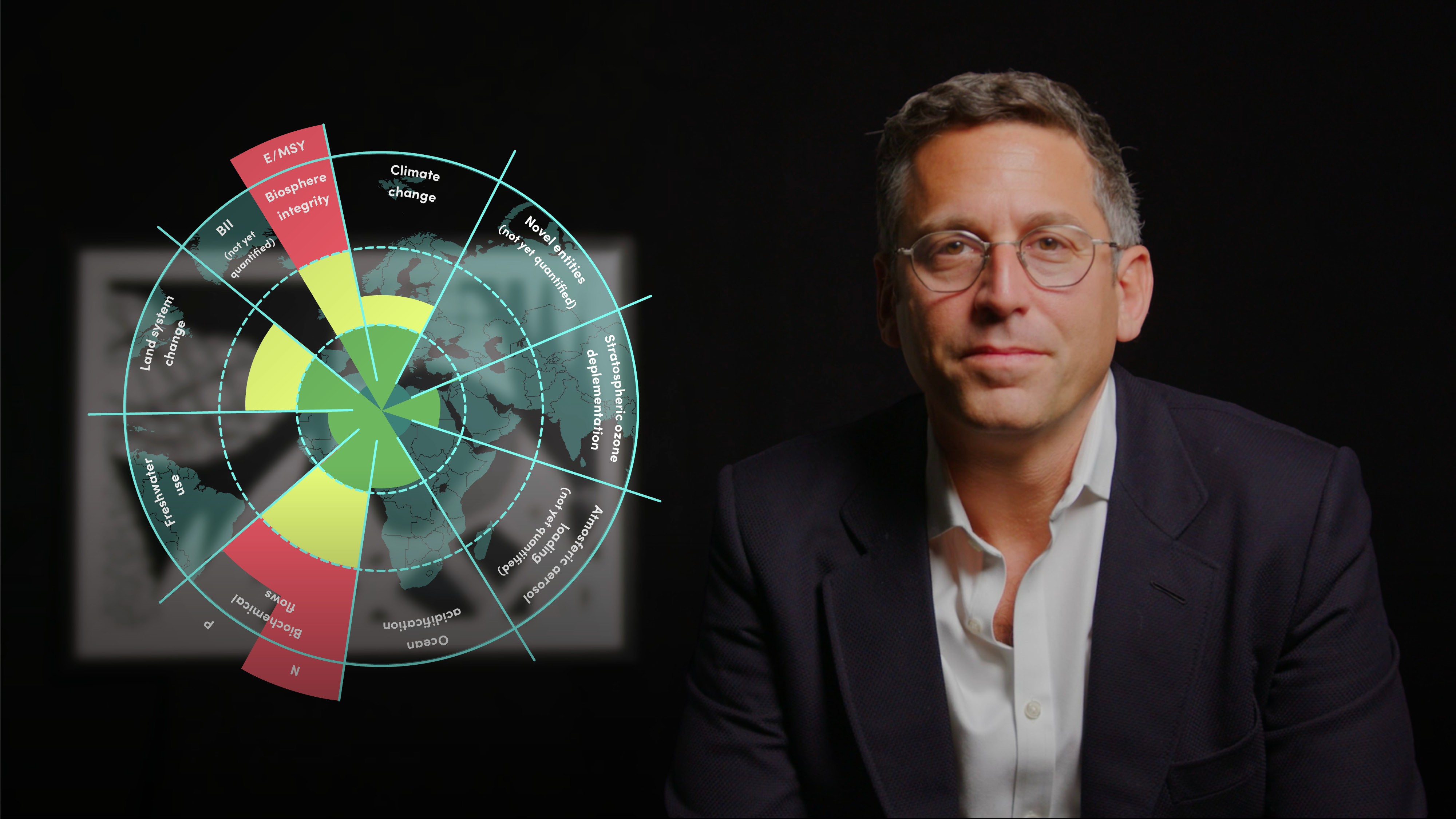
Introduction to Demand-side Energy Solutions

Jonathan Maxwell
25 years: International finance
Over the decades, the world has invested a huge amount in renewable technologies to fight climate change. Over 80% of the investment has been on the supply side to feed consumption and yet. In this video, Jonathan Maxwell explains why energy efficiency through demand side solutions will be the key to tackling climate change.
Over the decades, the world has invested a huge amount in renewable technologies to fight climate change. Over 80% of the investment has been on the supply side to feed consumption and yet. In this video, Jonathan Maxwell explains why energy efficiency through demand side solutions will be the key to tackling climate change.
Subscribe to watch
Access this and all of the content on our platform by signing up for a 7-day free trial.

Introduction to Demand-side Energy Solutions
14 mins 46 secs
Key learning objectives:
Understand the importance of energy efficiency in tackling climate change
Understand the different sources of energy inefficiency
Outline the mistakes by policy makers with regards to demand side solutions
Overview:
To-date, the world has been attempting to fight climate change by feeding consumption (focussing on the supply side) and yet atmospheric CO2 concentrations have gone up every year. It is imperative that we focus on stopping carbon from getting into the atmosphere by reducing demand for energy.
Subscribe to watch
Access this and all of the content on our platform by signing up for a 7-day free trial.
- Conversion - Around 10% is lost converting extracted resources like oil and gas into refined, pipeline grade or usable form.
- Generation - Primary energy is converted into useful energy or "exergy" for performing work and services.
- Heat - Gas-fueled power plants, for example, have limits in terms of efficiency, known as Carnot efficiency, with more than half of the energy used in the conversion of fossil fuels to electricity lost as heat. While some of this heat can be recycled, the typical efficiency range is between 50-60%.
- Transmission and distribution process - An additional 5-10% of energy lost.
- Transport - The "well-to-wheel" efficiency of a car is estimated to be between 15-30%, compared to the "wind-to-wheel" efficiency of electric vehicles (between 75-80%). Increasing energy efficiency or transitioning to renewable and electric alternatives in transportation will significantly reduce demand for fossil fuels.
- Not enough focus on energy efficiency by policymakers
- Short-term focus by over reliance on renewables
- Reluctance to invest in energy efficiency by markets Firstly, It’s great that energy efficiency is 10-20% of the wide-ranging US Inflation Reduction Act of 2022, but it should be at least half of it.
Subscribe to watch
Access this and all of the content on our platform by signing up for a 7-day free trial.

Jonathan Maxwell
There are no available Videos from "Jonathan Maxwell"





























